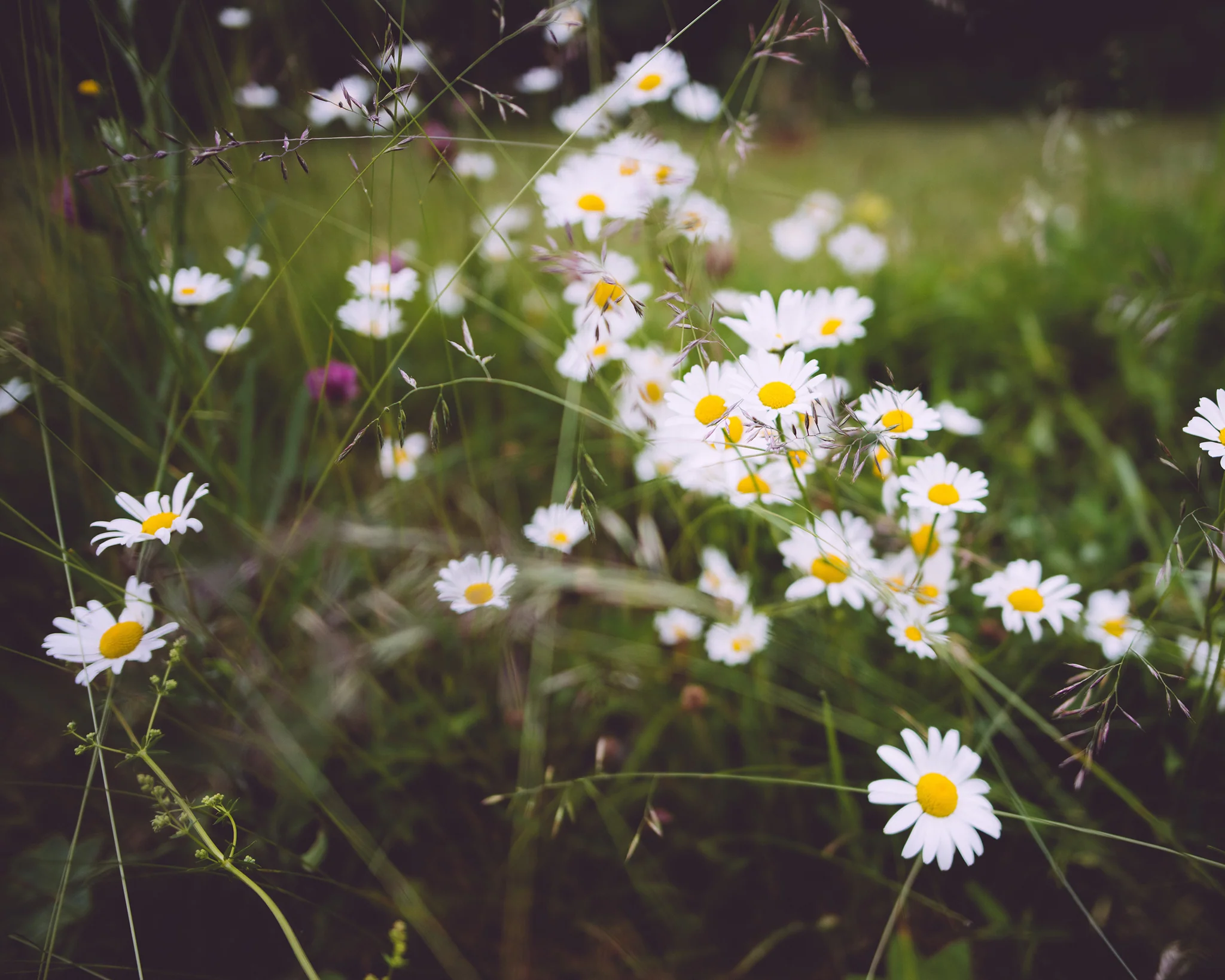FRESHLY SQUEEZED FLORIDA ORANGES. A cedar closet. Gasoline. The whiff of your grandmother’s perfume, musked with age. Sweat mixed with cut grass. Sauce on the stove. Leather. The candy sweetness of waffle cones in an ice cream shop. A scent you can’t place but can feel coursing through you like a lightning bolt of recognition. A summer storm.
Smell – the good, the bad, the cloying, the intoxicating – is intrinsically linked to memory. It’s a romantic notion with scientific implications, as the reason we hold on so tightly to scent-fueled moments is simply because of our brain’s anatomy.
Scent starts out simple. Odor molecules travel up and through the nostrils, binding to receptors in the nose and transmitting a signal through the olfactory system. From here, things get more complicated. The main olfactory bulb transmits pulses to both mitral and tufted cells, which help determine odor concentration based on the time certain neuron clusters fire. These cells work hard to differentiate between similar scents, such as a lemon versus a grapefruit, and hold onto that data for future recognition. The amygdala, a part of the limbic system responsible for processing memory and emotion, also processes pheromone and allomone signals. These include everything from bodily excretions (sexy) to the smell of flowers.

So when I say smell is tied to memory, I’m not being corny; it’s a cold hard fact, backed and approved by cold hard science. And our olfactory impressions begin early.
In the womb, smell is the only fully developed sense a fetus has. In fact, it continues to be the most developed sense in a child until the tender age of 10, when sight takes over. It’s the reason so many of our childhood memories are linked to scent.
Even as the vision of my grandmother fades, I can still vividly remember the soap she used, how her clothes always smelled like mothballs, the way fresh garden basil seemed to linger in her kitchen.
Taste, similarly, takes on a heightened nostalgia. If you’ve ever been instructed to pinch your nose when glugging down a dose of cough syrup, you know that without smell, taste is a rather empty sense. When you eat, food molecules make their way back to the nasal epithelium, meaning the majority of spices and flavors we savor are actually being processed through our sense of smell, not taste. Is there any wonder why then, for so many of us, our sense of home is so tightly tied to the foods we ate and the scents we smelled?
Because smell is processed by the amygdala, smell and emotion are stored as one memory. A positive association with the smell of gasoline as a child translates into a lifelong love of the scent. A close encounter with a bonfire means you likely won’t be keen to smoky scents later in life.
Proustian memory, a concept that comes from Proust’s À la recherche du temps perdu, speaks to this very phenomenon – with just a quick whiff or taste, we can instantaneously be transported back to another moment in time. It’s a powerful kind of time travel, and one that unwittingly guides our days.
A stranger’s cologne on a too-crowded subway car, sharp with vetiver and pine, can make us yearn for a grandfatherly kind of love. Thick steam swirling out of a Taiwanese restaurant can transport you to childhood days spent dawdling around while your dad worked the line, the hot spatter of fryer oil perfuming his clothes. Far less pleasant smells – menthol cigarettes, New York sewers, the chemical clean of pool chlorine – can have a similarly transformative effect.

This superpower is one we can wield intentionally, too.
When I was a kid, my mom applied lotion to my back every night. In dim purple light, she would put a dollop on my spine, the cold cream at once startling and then like home. It smelled like lavender, vanilla, her. And so now, on nights when I can’t sleep, I reach for the bottle. It lives on my nightstand, for ease in time travel. I can’t reach my own back, so instead I rub it in slow circles at the base of my neck until my stress has melted entirely and I am 10 years old again, sitting at the foot end of my mother’s bed.
That’s the power scent has; to transcend space and time and land us in a moment that feels like an embrace. It’s perhaps the simplest, most time-effective way to make our day-to-day lives feel a little more beautiful, our in-between moments a little more sacred. A ritual, if you will.
And the best part? It’s only a spray away.